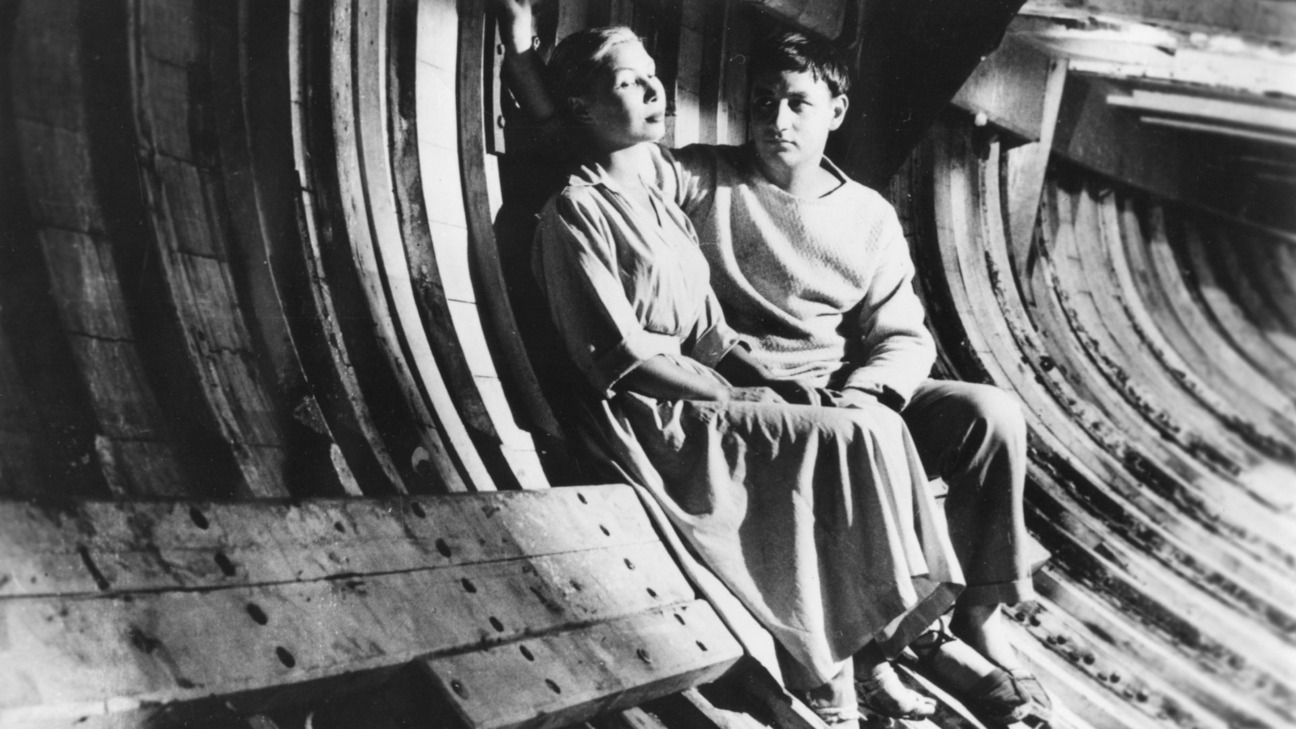Admission:
General $10
Student $7
July 8, 2025, 8:30pm
Brooklyn 11205
USA
Join us at the e-flux Screening Room rooftop for Narratives of Chance, the first of the four-part series Decision Moment, presenting artists' films and cinema features that reflect on historical moments of action and inaction and examine cinematic ways of approaching them.
At the core of each screening lies a past event shaped—knowingly or not—by a decision pursued, postponed, or left unmade, whose consequences continue to linger. Rather than reconstructing the past events as heroic acts, the films presented in this program embrace the limits of linear narration as ethical commitment to the complexities of historical decisions, and encourage viewers to reflect on their own actions and decisions in the present.
Screenings take place on Tuesdays from July 8–29, 2025, and begin after sunset.
I: Narratives of Chance
Tuesday, July 8, 2025, 8:30pm
What if every decision contains unpursued alternatives and carries its own unrealized stories? Contemplating the fragile and incomprehensible boundary between causality and contingency as well as pre-determinacy and free will, John Smith’s and Krzysztof Kieślowski’s works explore counter-factual worlds.
John Smith, The Girl Chewing Gum (1976, UK, 12 minutes)
“In The Girl Chewing Gum a commanding voiceover appears to direct the action in a busy London street. As the instructions become more absurd and fantasized, we realize that the supposed director (not the shot) is fictional; he only describes—not prescribes—the events that take place before him. Smith embraced the ‘spectre of narrative’ (suppressed by structural film) to play word against picture and chance against order. Sharp and direct, the film anticipates the more elaborate scenarios to come: witty, many-layered, punning, but also seriously and poetically haunted by the drama's ineradicable ghost.” (A.L. Rees)
Krzysztof Kieślowski, Blind Chance (1981, Poland, 122 minutes)
Structured around three diverging timelines triggered by a single moment—a young man running to catch a train—Kieślowski’s film explores the intersection of free will and systemic determination. Whether the protagonist becomes a Party official, a dissident, or something else altogether, each path feels both faithful and contingent. Through three possible scenarios revolving around specific choices the film examines limits of freedom under authoritarianism.
For more information, contact program@e-flux.com.


















